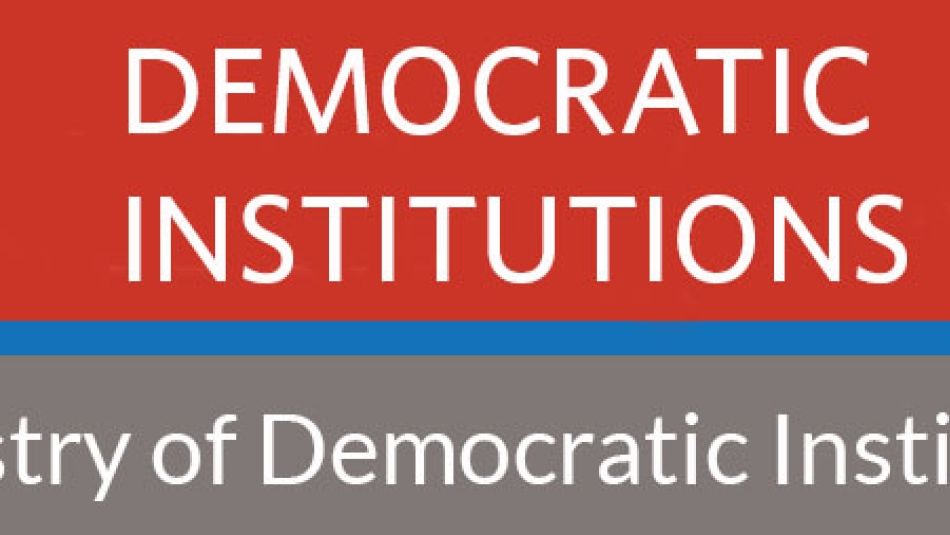
With 310,000 members in more than 20 sectors of the Canadian economy, Unifor is the largest union in the private sector. Unifor also represents thousands of members in the public sector. Unifor advocates on behalf of, and defends, the economic and social rights of working Canadians. Our union is guided by the belief that democratic citizenship should extend into the workplace; and not only entail dignity and security, but also an equitable share in Canadian prosperity.
Unifor priorities
Unifor is a democratic organization. More than 3,000 elected delegates to our founding convention in 2013 debated, voted on, and adopted a new constitution and key policies which emphasize our mandate to strongly engage in public debate, and the centrality of strengthening democracy in Canada:
From Unifor’s founding constitution
Article 2 – Statement of Principles
“Our goal is transformative. To reassert common interest over private interest. Our goal is to change our workplaces and our world. Our vision is compelling. It is to fundamentally change the economy, with equality and social justice, restore and strengthen our democracy and achieve an environmentally sustainable future. This is the basis of social unionism – a strong and progressive union culture and a commitment to work in common cause with other progressives in Canada and around the world.”
Article 3 – Objectives
- “To fight for good jobs in our communities and throughout the economy.
- To provide support to those in need.
- To build our union’s presence in the community and encourage our members to be involved in all aspects of community life.
- To work in common cause with other progressives to promote social justice and environmental sustainability at a community level.
- To work on labour-based campaigns with other affiliates of Labour Councils.
- To safeguard, protect and extend freedom, civil liberties, democracy and democratic trade unionism.
- To be broadly active at the municipal, provincial and federal levels and to mount issue-based campaigns.
- To resist corporate globalization and provide alternatives to job-destroying trade deals and policies.
- To work to end war and contribute to world peace.”
Founding convention vision document
“Our overall mission is to build Unifor as an active, effective, and universal workers’ movement:
defending the interests of our members, and all working people, in the workplace and in society.
An important part of this mission will be making sure our progressive voice is heard loudly in our
communities, and in social and political debates at all levels of society.”
Unifor, along with the wider labour movement, is an engine of democracy in Canadian society. Members democratically determine whether or not to form a union, and they elect their workplace representation, committee members, Local Union leadership and delegates to conventions and decision-making bodies. Members vote to establish their priorities during the negotiation process, vote to withhold or provide their labour, and vote on the terms and conditions of their employment. Elected delegates to decision-making bodies debate and vote on resolutions and policies, and elect the union’s national leadership. Democracy is central to the mission of Unifor, and we strongly support all efforts to strengthen democracy in our public institutions.
Specific Issues and Recommendations
Fair Elections Act
The former government made changes to the Canada Elections Act through the audaciously named Fair Elections Act (Bill C-23) which was designed to make it harder for students, Indigenous people, immigrants and others to vote. It also weakened rules to stop voter fraud, such as illegal “robocalls” and other tactics used to suppress votes, and weakened the authority of Canada’s Chief Electoral Officer. Unifor recommends:
- Rapidly fulfilling your government’s commitment to repealing all elements of the Fair Elections Act that make it harder to vote, weaken legal protections, and weaken the authority of Canada’s Chief Electoral Officer.
Electoral Reform
Canada is facing a democratic deficit with too few people voting or engaging in public affairs and debate. This deficit has been exacerbated by the anti-democratic actions of the former government, compounded by our first-past-the-post electoral system that delivers disproportionate power in Parliament. The new Liberal government’s commitment to enacting electoral reform is an exciting development, and will require careful consideration and consultation. Our union is engaging in thorough discussion, review and consultation among our own members and leadership on these crucial issues. Unifor recommends that:
- The special parliamentary committee on electoral reform must include in its mandate the widest possible consultation with Canadians, including with other democratic organizations such as the labour movement, and prioritize wide outreach and non-partisan public education about options and potential reforms.
To download a fact sheet about Unifor's priorities regarding democratic institutions (PDF) click the link below: Democratic Institutions


